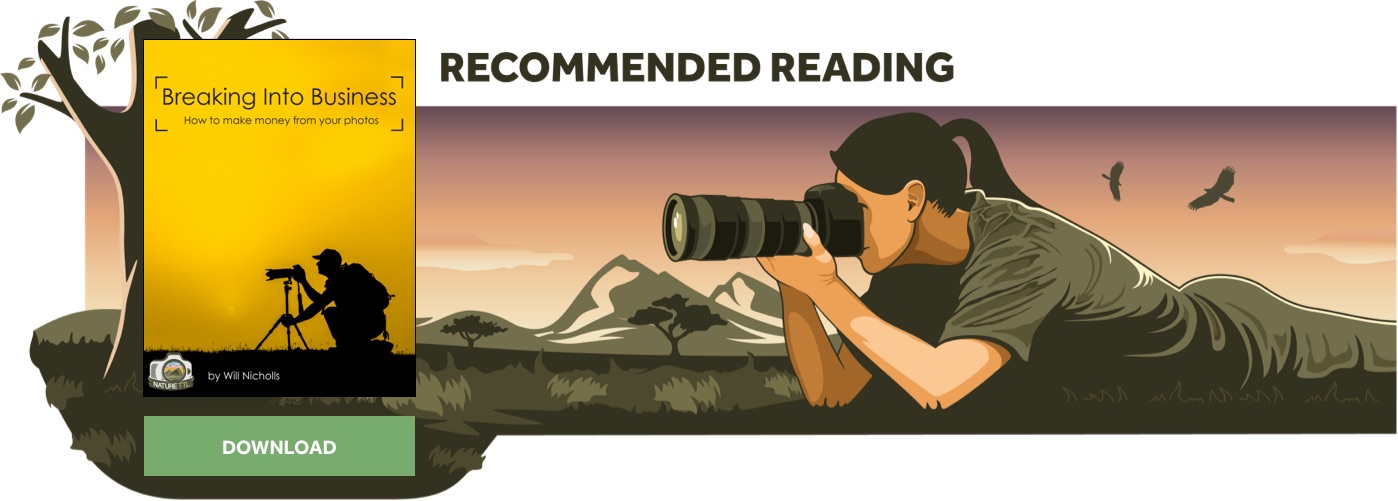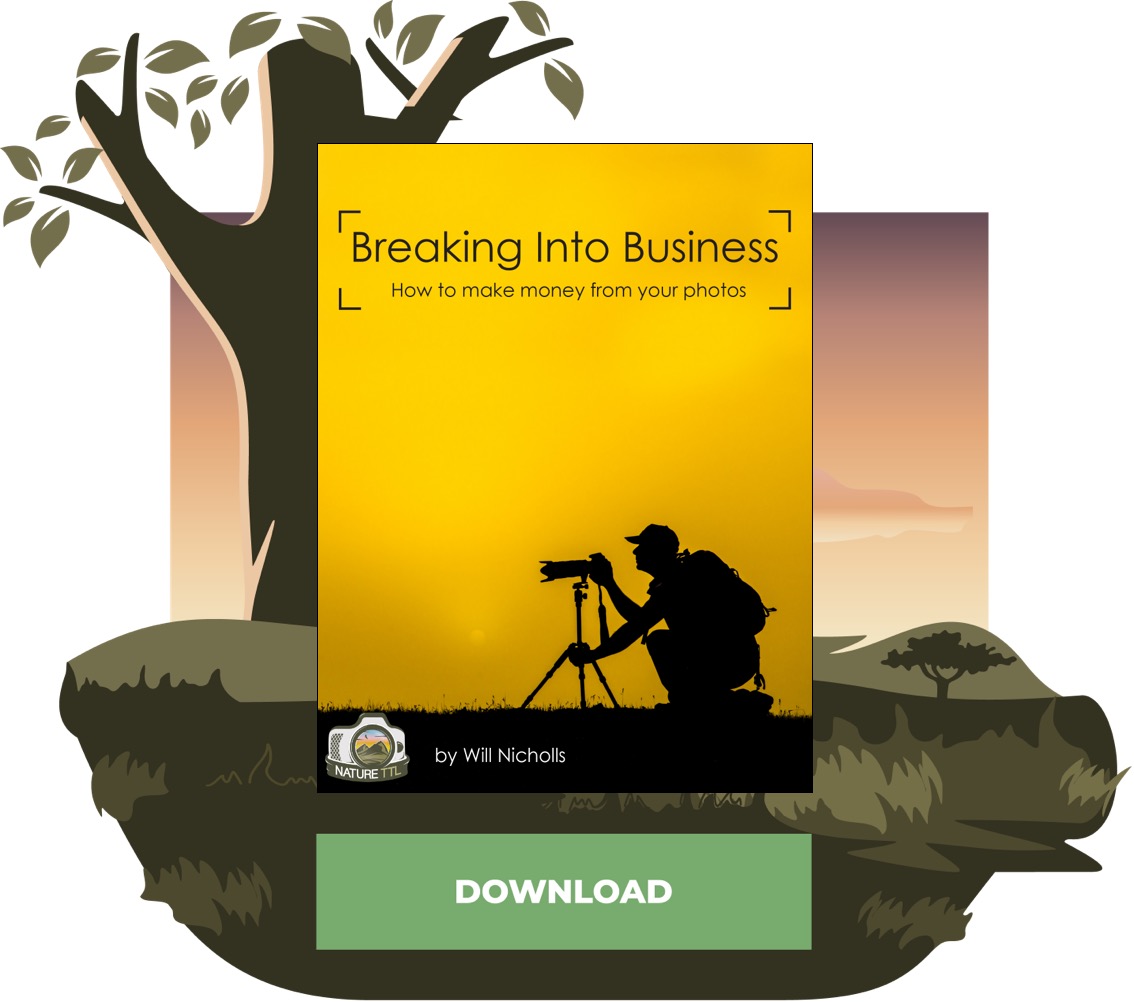10 Essential Tips for Buying Second-Hand Cameras

With the prices of photography equipment steadily increasing, it is little wonder that many people decide to buy used cameras.
But scanning the secondhand camera market can be a daunting process. With so many camera models out there, and so many options when it comes to how and where to buy, it can quickly become overwhelming.



Here are some tips to help you buy used camera equipment with confidence and peace of mind.
Read more: 3 Telltale Signs You Should Upgrade Your Camera Equipment
1. Do your research
One of the most important aspects of buying any secondhand camera is to know exactly which model best suits your needs. Do plenty of research to determine the kind of features that would best complement your style of photography.
For instance, if you predominantly shoot landscapes, there is little point in looking for cameras with blisteringly fast autofocus and frame rate. Instead, your focus should be on image quality and resolution.

Alternatively, if your favourite subject is wildlife or sports, you should prioritize speed over resolution.
The price of compatible lenses might also sway you in one direction or another, so it is important to research the type and size of lenses that you will need, alongside your camera body.
Read more: 8 Best Lenses for Landscape Photography
2. Check reviews
Once you have narrowed down your choice of a camera, search online for reviews.
There are plenty of sites out there with thorough and impartial reviews and comparisons between models that should steer you in the right direction and help you make your final decision.
Additionally, if you know other photographers, don’t be afraid to ask for advice.
Receiving help from people that you know personally who may have direct experience with the models you are considering can prove invaluable.
3. Use social media
There is no denying the power and reach of social media.
Once you have decided on the camera that you would like to buy, posting a message on your social media platforms to ask if anybody is selling that particular model is a great way of targeting sellers before they have even advertised.

You may just snag yourself a bargain!
There are plenty of designated Facebook groups (for U.K. photographers only, for example), selling and trading camera equipment between individuals. Consider asking your local camera club too, as they may be able to contact members on your behalf.
Read more: The 4 Best Ways to Sell Cameras and Lenses
4. Buy from a shop
For a risk-free buying experience, your best option is to purchase equipment from a trusted camera shop rather than an individual seller (though this option shouldn’t be discounted – there are ways to make sure you’re getting what you pay for, so keep reading).
There are plenty of shops (both in cities and online) that carry secondhand cameras. Most shops will offer a warranty to give you some protection against any potential faults, but make sure you check the fine print.
A 12-month warranty with a money-back guarantee for a fixed period of time should give you some very welcome peace of mind.

You may also have the option of trading your existing camera in to offset some of the cost and save you the hassle of selling it yourself.
There are several online platforms that specialize in secondhand photographic gear, such as MPB, CameraWorld, and CameraJungle. The products on these sites are normally rated to give you an idea of the condition.
Different platforms use different rating scales, but you can expect each product to be put into a certain class such as “like new,” “excellent,” “good,” or “for spare parts or repair.”
“Like new” would be a mint camera showing no signs of use, and “good” might have cosmetic marks and scratches but no technical issues.
You may find it possible to buy a higher-spec model that is rated “good” for the same price or even cheaper than a lower-spec camera that is brand new. Providing you receive that 12-month warranty, this could be well worth considering.
5. Search eBay
If you’re willing to do a bit more digging, eBay is full of photographic equipment and is one of the most common places to search when looking for a used camera online.

There is a chance of a bargain when buying from an auction site, but there are also risks. Here are some tips to guide you:
- Before placing any bids, always check the seller’s feedback ratings. Avoid sellers that have less than a 100% record.
- Make sure that you check the postage costs. Some sellers will list items as pickup only, which is not much use if they are located at the other end of the country!
- Only consider cameras that have a detailed description and plenty of good-quality pictures. Study the description and pictures carefully, and if you are in doubt, ask for more detailed photos or do not bid at all.
- Decide on your maximum bid before bidding and do not exceed it.
- If you are unsure whether a camera represents good value, search for sold items to get an idea of the used market price.
6. Check for internal faults
Of course, the safest way to make sure you’re getting what you pay for is to purchase equipment in person. If this is an option for you, it’s worth doing, as you’ll have the chance to see and hold what you’re buying.
If you get the chance to buy the camera in person and not sight unseen, it’s important that you check it thoroughly for any faults. Make sure you follow these steps:
- Go through the settings systematically and make sure that everything is functioning as it should.
- If possible, test the camera body with more than one lens and pay particular attention to the autofocus system.
- Remove the body cap and inspect the visible internal parts such as the mirror, focusing screen, and lens contacts. These parts should be free of oil and grime.

- Check for ‘dead pixels.’ Dead pixels can often occur with heavily used cameras. These are photodiodes that have stopped receiving power and appear as small black dots. To check for these, switch on Live View and point the camera at the sky; they should be easy to spot. A few dead pixels aren’t necessarily cause for concern, but more than 3 or 4 could indicate heavy use or a fault.
- Check for scratched sensors: Take a test image of a bright subject using a small aperture such as f/16 or f/22. When inspecting the picture, zoom in and check for any lines on the image, which can often indicate a scratched sensor.
Read more: How to Clean Your Camera’s Sensor
7. Check for external damage
In addition to checking the camera’s mechanics, you should also inspect the external parts carefully. Of course, any used item is likely to show some signs of use, and rubber parts in particular are prone to wear but are cheap to replace.

Any heavy wear, however, such as deep scratches, scuffs, and dents, especially to the corners of the body, could be a sign that the camera has been dropped, and there could be more damage than meets the eye.
A drop that was hard enough to leave a mark is cause for concern regarding internal damage!
8. Check the shutter count
Checking the shutter actuation count on any potential purchase is vital as it will tell you exactly how many images the camera has taken. This will also give you an idea of whether the camera has been used professionally or personally.
Around 10,000 shutter actuations per year is average for personal use, so I would advise steering clear of cameras with a high actuation count, such as 100,000 or more.

There is no way of truly knowing the lifetime scale of any particular camera, but of course, entry-level cameras can be expected to fail after a lower shutter count compared to mid-level and professional cameras.
There is plenty of information online to help you find out the shutter count on any given camera.
Read more: How to Find Your Camera’s Shutter Count
9. Ask plenty of questions
If you are buying from an individual, don’t be afraid to ask the seller about the history of the camera, such as where and when it was purchased, and if they can provide you with receipts.

Check whether it has been used professionally or rented out to other people, and inquire about the kind of use it has had and the environments it has been exposed to. It is also important to ask if the camera has been serviced, and if so, how often.
Knowing the service history should give you a good idea of how the camera has been treated.
10. Check the accessories
All mirrorless or DSLRs will come with a number of accessories that are needed to ensure the proper operation of the camera.
The most obvious ones are the battery and charger, but you may also find other accessories such as battery grips, camera pouches, lens caps, hoods, etc.

Battery life can be affected after a certain amount of time and use, so if possible, check the condition of these parts and always ask for the original box, as it will make the camera easier to sell later on.
You may find that either a shop or an online selling platform might be willing to strike a deal if you buy a lens with the camera, or they may offer kits that include a lens.
Read more: The Essential Accessories for Wildlife Photographers
In conclusion
Buying a used camera can take time and effort and is not without risks.
It is important not to rush the process and to make sure you are happy and confident with the sale before parting with your cash.
But the market is full of cameras, many of which offer great value for money when compared to buying new, and you may just save enough money to buy an extra lens!





